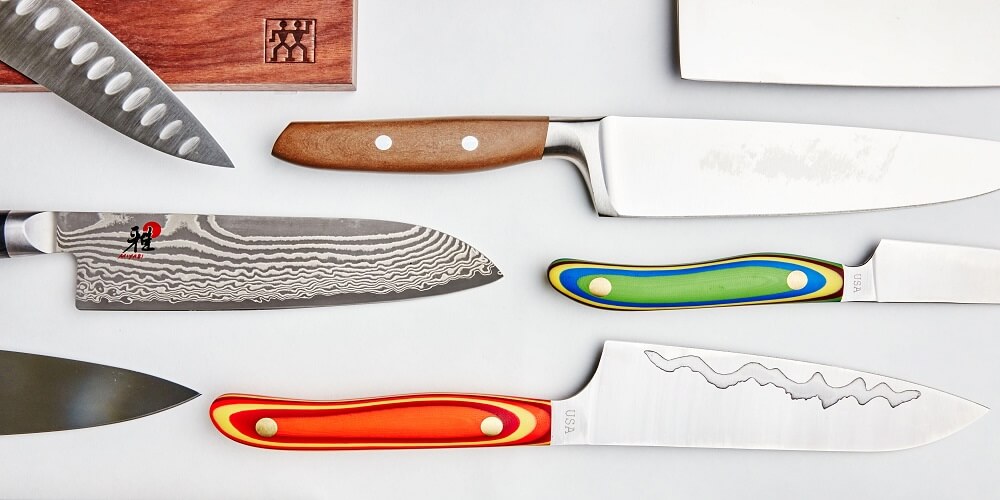Every knife maker and knife enthusiast is always eager to examine knives around them. If you are one of those with a love for knife aesthetics or you wonder why knives are always dull, keep reading.
A chef knows the importance of sharpening his or her knife at the right time. This is because they also understand why the chef knife has to be kept sharp.
It is almost impossible to not know when your knife is dull. Mostly if you have been using the knife for a long time.
But people who have dull knives might not sharpen them. They just don’t have the time. Some might not even know how to do it.
But there is good news. The ways to keep your knife sharp are simple but not so popular techniques. When you sharpen your knife regularly, you ruin the knife. The solution is this. Prevent them from getting dull.
Low-quality knives will indeed become dull faster than other knives of higher quality. But when a decent knife is maintained correctly, it will last long enough.
To know if your knife is dull, perform a quick test. Hold the edge of your knife under a bright light. If it reflects any light, it is dull. A sharp knife will not reflect any light off its edge.
Avoid Dulling Your Knives
Clean and Store Your Knives Properly
When you do not clean and store your knife properly, it can cause damage to the knife. Storing your knife around other utensils that touch each other will cause dull spots as they bump into each other.
You should avoid storing your knives loosely in a drawer with other knives and utensils. Washing your knife in a dishwasher with other ceramic and glass materials is not good for your knife.
It is better to wash your knives with your hands. And store your knives where they will not have contact with harder items.
Avoid Contact with Hard Materials
Knives are made from steel. The steel they are made from is usually very hard. The steel is supposed to be harder than anything you might need to cut with a knife.
But if you keep trying to cut things that are harder than the knife blade, it gets dull. That is why you should avoid bringing your knife in contact with anything harder than it is.
When you keep trying to cut harder materials with more force, the blade quickly dulls and becomes blunt.
You have to find places in your kitchen where your knife can have contact with materials harder than it is.
You should take note of the material of your cutting surfaces. Stone, ceramic, and glass are harder than knife steel.
Use The Right Knife
Do not abuse your knife. You have to know the right knives and when to use them. You have to use the chef’s knife for cutting meat, fruits, and vegetables, not bones.
Steel Sharpening
Use sharpening steel frequently to straighten dull, rolled edges. It is quick, simple, and important. Do this and your knife will last as long as it is built to last.
Conclusion
If you care for your knife, you will be like the good chefs who sharpen their knives monthly. The first step is buying the right knife.
